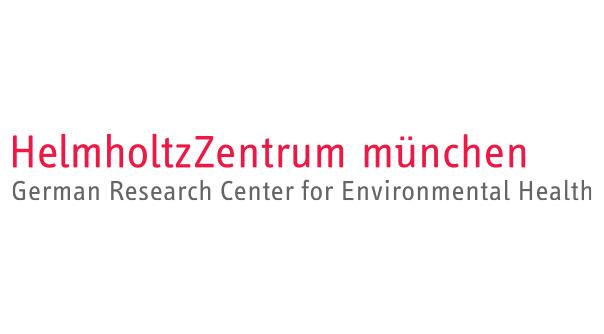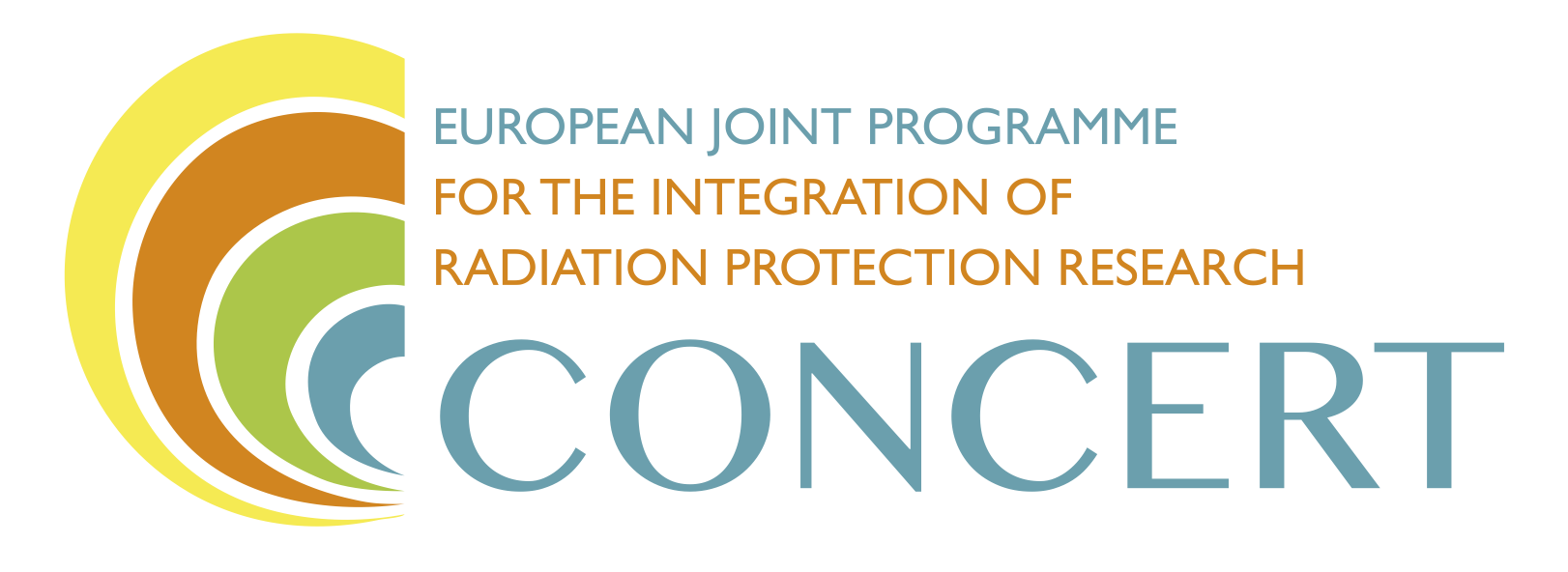HMGU
Helmholtz Zentrum München, Germany

Organisation
The Helmholtz Zentrum Munchen – German Research Center for Environmental Health (HMGU) investigates common diseases arising from the interactions between lifestyle, environment and personal genetic constitution. The centre is a member of the Helmholtz Association of German research centres. The HMGU Department of Radiation Sciences (DRS) currently employs more than 100 researchers in the Institutes of Radiation Protection, Radiation Biology and Innovative Radiation Therapy, as well as the research units Medical Radiation Physics and Diagnostics and Radiation Cytogenetics. The HMGU has a record of contributing to EURATOM radiation protection research, and currently coordinates three projects (ProCardio, Dark.Risk and EpiRadBio). We are members of the DoReMi and OPERRA projects and active participants in the MELODI, ALLIANCE and EURADOS platforms. We provide advice on radiation protection for national and international stakeholders.
Role in the Project
The HMGU has been nominated as Programme Manager by the Federal Ministry of Education and Research to represent the Helmholtz Association centres conducting radiation protection research in CONCERT. The HMGU and the Linked Third Parties DLR, FZJulich, FZDR, GSI and KIT have agreed to formulate and sign cooperation agreements for their involvement in CONCERT. HMGU has broad experience in radiation protection research, and has been involved in establishing the SRA via activities in the HLEG, DoReMi and MELODI. We continues this involvement in WP2 and WP3. HMGU is a member of the infrastructure initiatives ERA, ERA-PRO and STORE, we will also host the National Cohort biobank repository. HMGU is an IAEA secondary standard laboratory. This expertise in infrastructures will be contributed to WP6. HMGU is closely involved in Education and Training efforts in DoReMi and OPERRA, where we serve on the E&T committees. Three of the HMGU staff hold University Professor appointments and contribute to teaching at Bachelors and Masters levels. HMGU is a national centre for vocational training in radiation protection and hosts the Graduate School of Radiation Sciences for PhD students. This expertise will be contributed to WP7.
